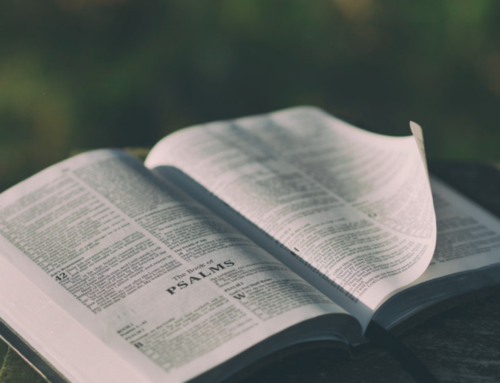Hangry.
Isn’t that what we say?
What we declare when blood sugars fall? When cortisol and epinephrine rise? When the hungry body attempts to counterbalance its glucose deficiency, but the upshot becomes irritability, frustration, cantankerousness, anger?
The clever amalgam works.
Hungry plus anger.
But this popular word proves effective for more than just a physical state of being. It can do more than simply justify the appearance of animal-like aggression, beastly brutality and lion-loud roars.
Hangry carries a spiritual application too.
After all, anger has always been a substitute emotion. A secondhand passion. A proxy of defense that arises when the raw, red pain of unmet expectations leaves us feeling powerless, invalidated, misunderstood, threatened. When the agony of pursuing significance and approval, particularly from fickle people, leaves us wholly ungratified.
Anger provides a smokescreen, a thick mane-like covering of wiry empowerment and protection, but it can never dispel the hunger.
No.
Underneath the anger, spiritual hunger pains still exist. They still assert with veracity that malnutrition, undernourishment, even starvation has taken hold in our souls.
We have to open our eyes.
To see beyond the smokescreen, beyond the growls and snarls. We have to get down to the bare, naked soul unsatisfied if we ever hope to fill it.
And we have to listen.
Because the poet David can tell us how to feed the soul’s voracious appetite,
“The lions may grow weak and hungry, but those who seek the Lord lack no good thing” (Psalm 34:10 NIV).
In this verse, David delineates two paths, two ways of searching.
The lion’s way, the way of imposed force, of self-reliance, of hangrily prowling through the savannahs of this world to snatch whatever might fill us by fleshly means.
And another way, the Lion of Judah’s way. The path that by its very nature concedes vulnerability, that surrenders honestly to the hunger. The path that puts the famished heart before One so much fiercer, so much mightier, so much richer than any meager nourishment we might find scavenging through this world.
But which path will we choose?
Will you choose to become the lion, or will you bow down before the Lion, the Lion of Judah?
David chose to “seek the Lord,” to “taste and see that the Lord is good” (v. 8). And in doing so, he found the Lion of Judah faithful. He found a Savior willing. He found the Bread of Life filling. God withheld from him “no good thing.”
You can find this too.
Just follow David’s path. Seek the Lord today. And when anger begins to rear its mane-wild head, don’t give in. Rather, recognize the hunger and go to the Source that truly satisfies.
If you do, you will discover that you, once again, lack “no good thing.”
GOING DEEPER
What is God revealing to you today about the interconnection of anger and spiritual hunger? How might this revelation impact how you see yourself, how you see others, and when you choose to pursue God?







Leave A Comment